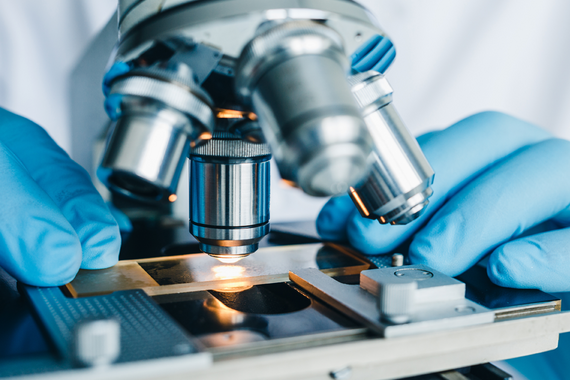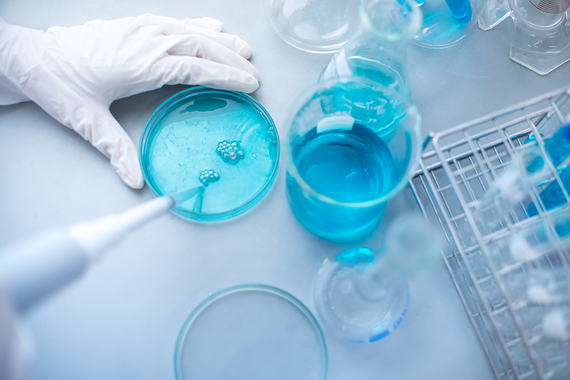-
The University
- Welcome
- Who we are
- Media & PR
- Studying
-
Research
- Profile
- Infrastructure
- Cooperations
- Services
-
Career
- Med Uni Graz as an Employer
- Educational Opportunities
- Work Environment
- Job openings
-
Diagnostics
- Patients
- Referring physicians
-
Health Topics
- Health Infrastructure
Research team Jens Thiel
Inflammatory rheumatological diseases are immunologically characterized by a break in tolerance to the body's own structures and by uncontrolled inflammation. Vasculitides are a heterogeneous group of autoimmune and inflammatory diseases characterized by inflammation of the blood vessels. These diseases often take an organ- or life-threatening course. Changes in the innate and adaptive immune system are the pathophysiological basis for the development of vasculitis. Increasing insight into the immunological basis of this group of diseases has allowed the development of effective, targeted therapies in recent years.
Contact
Contact


Our goal
The aim of our research is to understand how a dysregulated immune system contributes to the pathogenesis of vascular inflammation in vasculitis in order to identify targeted targets for the development of new, specific therapies.

Our projects
- Investigating the role of interleukin-5 signalling in eosinophils and B cells in Eosinophilic Granulomatosis with Polyangiitis.
- The role of type I interferon signalling in the pathogenesis of giant cell arteritis.
- The role of germline and somatic mutations in epigenetic regulators in the pathogenesis of primary vasculitides and increased cardiovascular risk in inflammatory rheumatologic diseases.
- B cell repopulation kinetics and risk of (secondary) immunodeficiency in ANCA-associated vasculitides.
- ACP-Autoantibody response in patients with early rheumatoid arthritis (DRKS-ID 00019198).
- Role of interleukin-17a in the pathogenesis of giant cell arteritis (NCT04930094).


